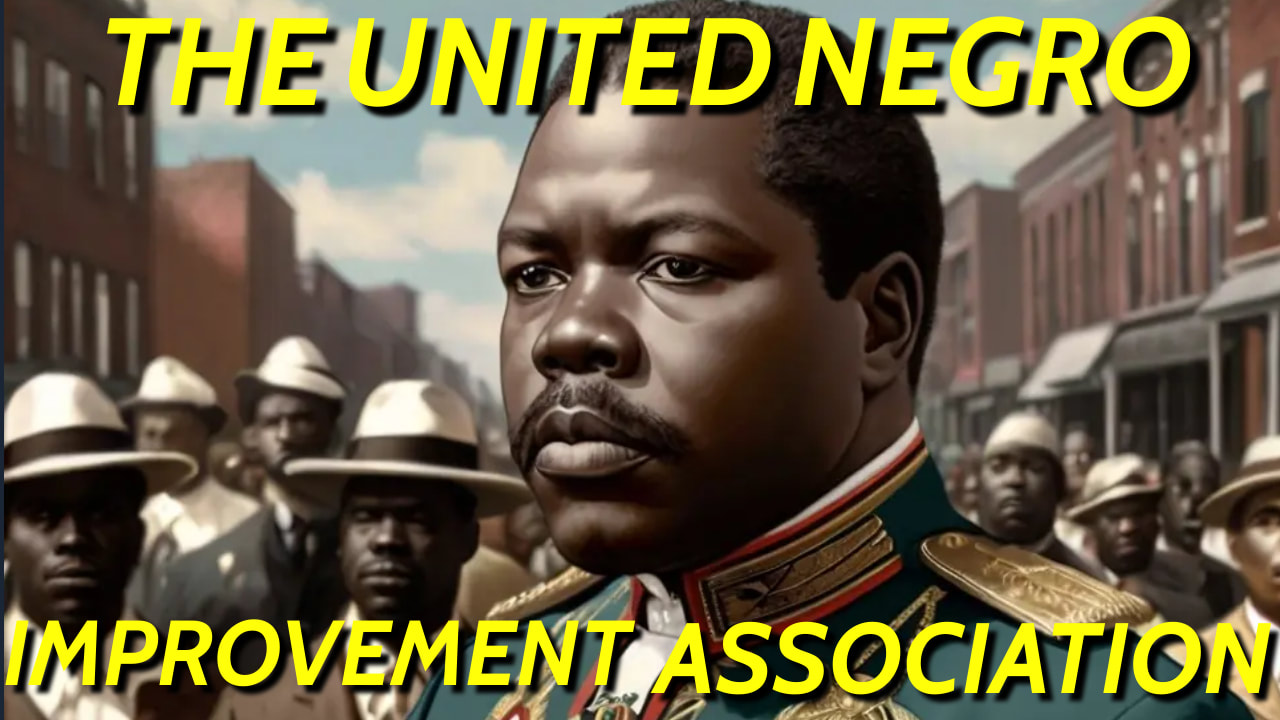|
The Universal Negro Improvement Association and African Communities League (UNIA-ACL) is a seminal organization in the history of Black empowerment and Pan-Africanism. Founded by Marcus Garvey in 1914 in Jamaica, the UNIA-ACL aimed to unite people of African descent worldwide, promoting racial pride, economic self-sufficiency, and the establishment of a unified Black nation in Africa. It emerged as one of the largest mass movements in Black history, with millions of members across continents. At a time when racial discrimination and colonialism were rampant, Garvey's vision was bold and unprecedented. He called for Black people to reclaim their heritage and build a future free from the oppression of white supremacy. The UNIA-ACL advocated for education, economic empowerment, and political self-determination, with a focus on creating businesses owned and operated by Black people to foster economic independence. One of the organization's most iconic initiatives was the Black Star Line, a shipping company designed to facilitate trade among Black communities and symbolize Black entrepreneurial success. Although the Black Star Line faced significant challenges and eventually collapsed, it embodied the UNIA-ACL's spirit of innovation and ambition. The UNIA-ACL also had a profound impact on Black culture and identity. It popularized the red, black, and green flag, which became a symbol of Black unity and pride. The organization's grand parades and conventions attracted tens of thousands of participants, creating a sense of solidarity and shared purpose among Black people around the world. Despite its influence, the UNIA-ACL faced intense scrutiny from the U.S. government and other authorities, leading to Garvey's arrest and deportation. Nevertheless, the organization's legacy endured, inspiring subsequent generations of civil rights activists, Pan-Africanists, and Black nationalists. The UNIA-ACL's story is a testament to the power of collective action and the enduring struggle for Black liberation. It challenged prevailing notions of racial hierarchy and laid the groundwork for future movements seeking justice and equality for all people of African descent.
0 Comments
Leave a Reply. |
Details
Categories
All
Click Here to join our mailing list
|
Contact Us: |
Connect With Us |
Site powered by PIT Web Design


 RSS Feed
RSS Feed



